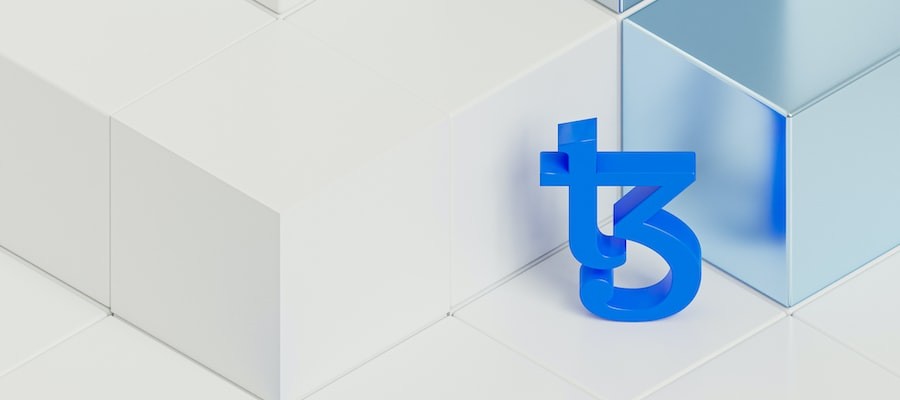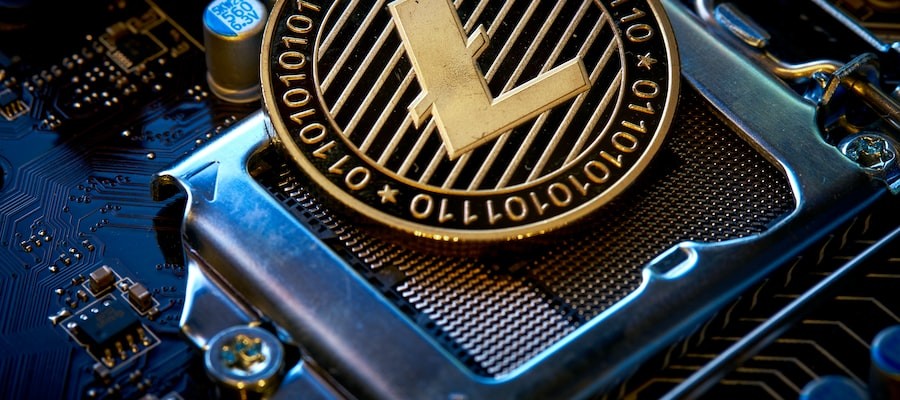Table of Contents
- Increasing popularity of DEXs
- Threats to DEXs
- The Rise of Governance tokens
- Criticisms of Governance tokens
- TVL in lending and borrowing protocols
- Hacks and vulnerabilities
Introduction
With the increasing popularity of cryptocurrencies, decentralized finance (DeFi) has become a major topic in the financial industry. DeFi is a new financial system that allows users to operate a decentralized network of financial transactions without the involvement of intermediaries such as banks. The industry has experienced significant growth in the last few years, with new projects and initiatives being launched regularly. In this article, we will discuss the latest news and trends in the DeFi space.
Decentralized exchanges (DEXs)
Increasing popularity of DEXs
Decentralized exchanges (DEXs) are one of the most significant components of the DeFi ecosystem. They eliminate the need for intermediaries by enabling users to trade directly with each other. The popularity of DEXs has increased considerably as more people become aware of the benefits of DeFi. According to Defipulse, the total value locked (TVL) in DEXs has surpassed $60 billion.
Threats to DEXs
Although DEXs are becoming more popular, there are still some threats to their security. For instance, hackers have exploited vulnerabilities in some DEXs, resulting in the loss of millions of dollars. To mitigate risks, DEXs are increasingly adopting security measures such as multi-signature wallets and audits.
Governance Tokens
Governance tokens are another crucial aspect of the DeFi ecosystem. These tokens allow users to participate in the governance of DeFi protocols. Holders of governance tokens have the power to influence decisions such as the distribution of rewards and the addition of new features to a protocol.
The Rise of Governance tokens
The popularity of governance tokens has been on the rise, with some tokens seeing significant price increases. For instance, the MakerDAO protocol’s governance token, MKR, has seen its value increase by over 1500% in the last year. Uniswap’s governance token, UNI, has also seen a significant increase in price, with its value surging by over 550% in the last year.
Criticisms of Governance tokens
Despite their popularity, governance tokens have faced some criticism. Some argue that they create a system of plutocracy, where only those with a significant number of tokens have a say in the governance of a protocol. Additionally, there is a concern that governance tokens are often controlled by a small group of individuals, which can lead to conflicts of interest.
Lending and borrowing protocols
Lending and borrowing protocols are another essential component of the DeFi ecosystem. They allow users to lend their cryptocurrencies to earn interest or borrow cryptocurrencies by providing collateral. These protocols are gaining popularity as they provide an alternative to traditional banking services.
TVL in lending and borrowing protocols
According to Defipulse, the TVL in lending and borrowing protocols has surpassed $28 billion. This shows that there is significant demand for DeFi lending and borrowing services.
Hacks and vulnerabilities
Similar to DEXs, lending and borrowing protocols have faced criticism for their lack of security. Some protocols have experienced hacks and vulnerabilities, resulting in significant losses. As a result, protocols are adopting security measures such as audits and multi-signature wallets to mitigate risks.
Conclusion
The DeFi ecosystem is growing rapidly, and the industry is continuously evolving. DEXs, governance tokens, and lending and borrowing protocols are essential components of the ecosystem, and they are gaining significant popularity. However, they still face security threats, and there are concerns about the governance of the industry. With the adoption of security measures and the development of new protocols, the DeFi ecosystem will undoubtedly continue to evolve. Stay informed on the latest DeFi news by following reputable sources such as Coindesk and Decrypt.




